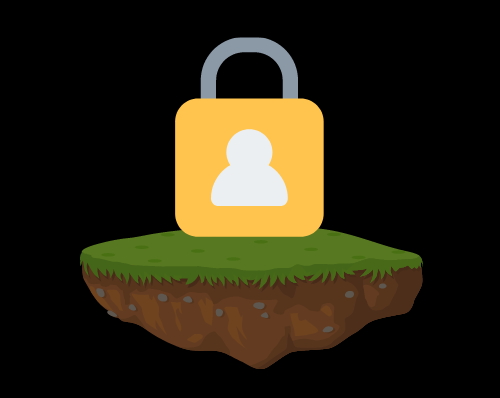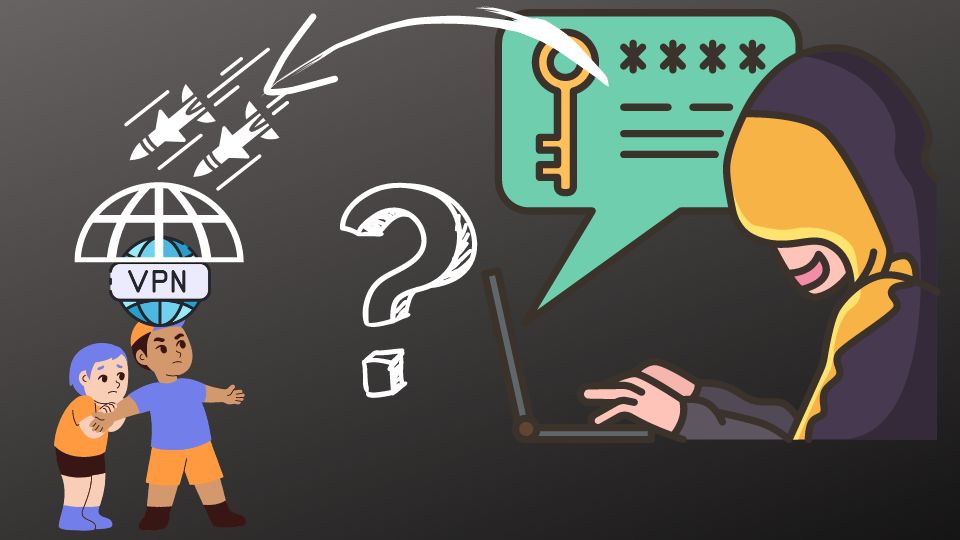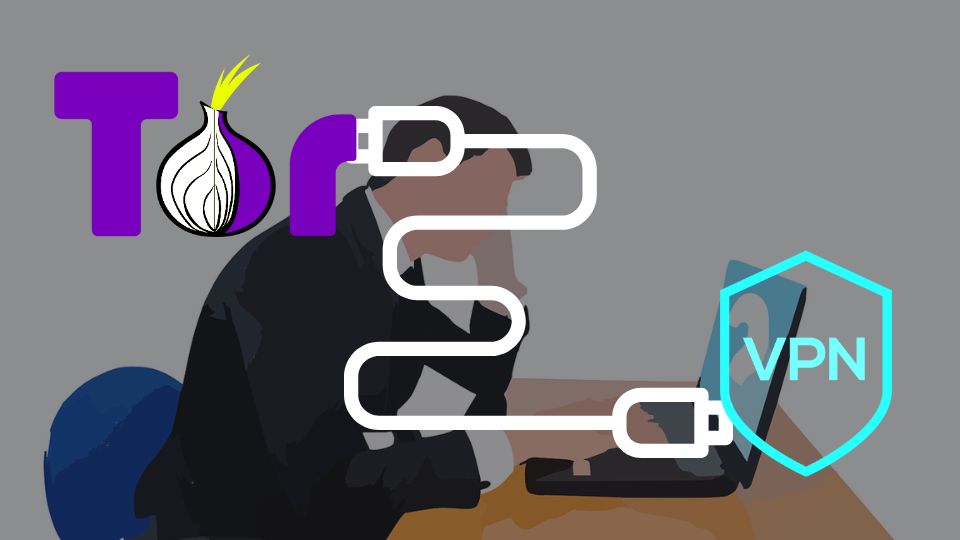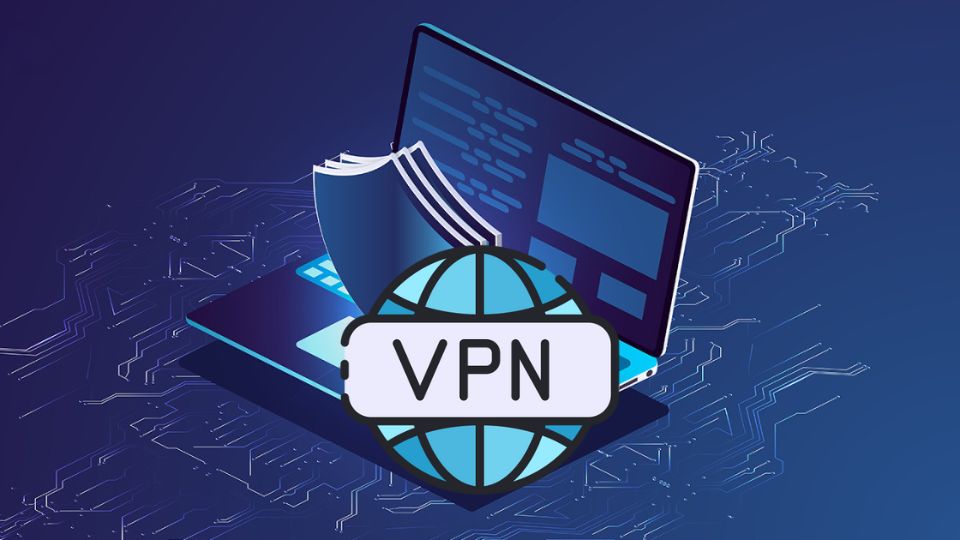This post may contain affiliate links. As an affiliate, we earn from qualifying purchases. We get commissions for purchases made through links in this post.
VPN (Virtual Private Network) technology is designed to protect users’ online privacy and security. It allows users to establish a secure connection to a remote server over the Internet and encrypt all the data transmitted between their device and the VPN server. This makes it more difficult for hackers to intercept and steal sensitive information, such as passwords, credit card details, and other sensitive information.
However, it’s important to understand that a VPN is not designed to fully protect you against hackers. While it does provide a high level of security, it’s not an impenetrable shield. Hackers have become increasingly sophisticated and well-equipped, and they are constantly finding new ways to penetrate VPNs and other security systems. That being said, using a VPN is still one of the best ways to protect your data from being stealed by a third-party like man in the middle, ISP, your government, and a Wi-Fi network owner.
Can you get a virus if you have a VPN?
Yes, it is possible to get a virus even if are using a VPN. While a VPN can provide a high level of security and privacy by encrypting your Internet traffic, it does not provide protection against viruses and other forms of malware (unless you are using a NordVPN that has a CyberSec feature).
Viruses, trojans, worms, and other types of malware can infect your device through various means, such as email attachments, malicious downloads, and infected websites. A VPN does not prevent your device from being infected with malware, as it only encrypts your Internet traffic and does not scan for or block malicious content.
Therefore, it’s important to use antivirus software and keep it up-to-date, practice safe browsing habits, and avoid downloading or opening suspicious attachments or files from untrusted sources. Additionally, you should be cautious when visiting websites and only download software from reputable sources.
In short, while a VPN can provide an added layer of security and privacy, it’s important to implement a multi-layered approach to online security, including using antivirus software, firewalls, and strong passwords, to protect against viruses and other forms of malware.
Does VPN protect you from phishing?
No, a VPN does not provide protection against phishing. While a VPN can encrypt your Internet traffic, which can make it more difficult for hackers to steal sensitive information, it does not have the capability to identify and block phishing websites.
Phishing attacks involve tricking users into visiting fake websites that mimic legitimate ones, and then stealing sensitive information, such as passwords and credit card numbers. VPNs do not have the capability to detect and block these fake websites, and therefore, they cannot protect you from falling for a phishing scam.
In addition, some phishing scams can be delivered through emails, which are not protected by a VPN. A VPN can only protect your Internet traffic, and it cannot protect you from malicious email attachments or links that lead to phishing websites.
Therefore, it’s important to use other tools, such as anti-phishing software, two-factor authentication, and strong passwords, in addition to a VPN, to protect against phishing attacks. Additionally, it’s crucial to be cautious of suspicious emails and websites, and to always verify the authenticity of the website before entering sensitive information.
What is the best protection against hackers?
The best protection against hackers is to implement a multi-layered approach to online security. This involves using a combination of tools and technologies, including antivirus software, firewalls, two-factor authentication, and, of course, a VPN. It’s also important to practice safe browsing habits, such as avoiding sketchy websites, not clicking on suspicious links, and using strong passwords. Regular software updates and backups can also help prevent data loss in case of a successful attack.
Can someone hack my phone with a VPN?
Yes, it is possible for someone to hack your phone with a VPN, but it’s much more difficult. A VPN encrypts all the data transmitted between your device and the VPN server, making it more difficult for hackers to intercept and steal sensitive information. However, it’s still possible for a hacker to penetrate your device if they have access to your Wi-Fi network and if they are able to exploit a vulnerability in your device’s operating system, or if they are able to trick you into downloading a malware.
Does VPN prevent spying?
Yes, a VPN can help prevent spying by encrypting all the data transmitted between your device and the VPN server. This makes it much more difficult for government agencies, advertisers, and other third parties to track your online activities and collect your personal information. A VPN also hides your IP address so it gets harder for anyone who wants to track your online activity. However, it’s important to note that some VPNs are based in countries with mandatory data retention laws, which may require them to store user data. It’s also important to research a VPN before using it to make sure it has a good reputation and a clear privacy policy.
Does a VPN protect you from fake hotspots?
Yes, a VPN can protect you from fake hotspots. Fake hotspots are Wi-Fi networks that are set up by hackers to steal sensitive information, such as passwords and credit card numbers. When you connect to a fake hotspot, your data is transmitted in the clear, making it easy for the hacker to intercept and steal. However, when you use a VPN, all the data transmitted between your device and the VPN server is encrypted, making it much more difficult for the hacker to steal your information.
Does a VPN protect you from sketchy websites?
A VPN can improve your protection from sketchy websites, but it’s not a guarantee. Sketchy websites are often used to spread malware, steal personal information, and scam users. When you use a VPN, all the data transmitted between your device and a VPN server is encrypted, making it much more difficult for the hacker to steal your information. However, it’s still possible for a hacker to exploit vulnerabilities in your device’s operating system or trick you into downloading a malicious software. It’s important to practice safe browsing habits, such as avoiding downloads from unknown sources, keeping track which websites you access, always using an HTTPS connection, and using a trusted anti-malware program.
Bottom line
In conclusion, using a VPN can improve your protection against hackers and other online threats. However, it’s important to understand that a VPN is not designed to protect you against hacking, and you should implement a multi-layered approach to online security. This includes using anti-malware software, firewalls, two-factor authentication, and strong passwords. Additionally, users should practice safe browsing habits and be cautious of sketchy websites and suspicious links.
While a VPN can help prevent spying and protect against fake hotspots, users should also be aware of the privacy policies of the VPN they choose, as some providers may be required to store user data due to mandatory data retention laws in their country.
In short, a VPN is a valuable tool for protecting your online privacy and security, but it should be used in conjunction with other security measures to provide the best protection against hackers. By staying informed and taking proactive steps to protect yourself online, you can minimize the risk of falling victim to hacking and other online threats.




2 thoughts on “Does VPN protect you from hackers?”
Comments are closed.